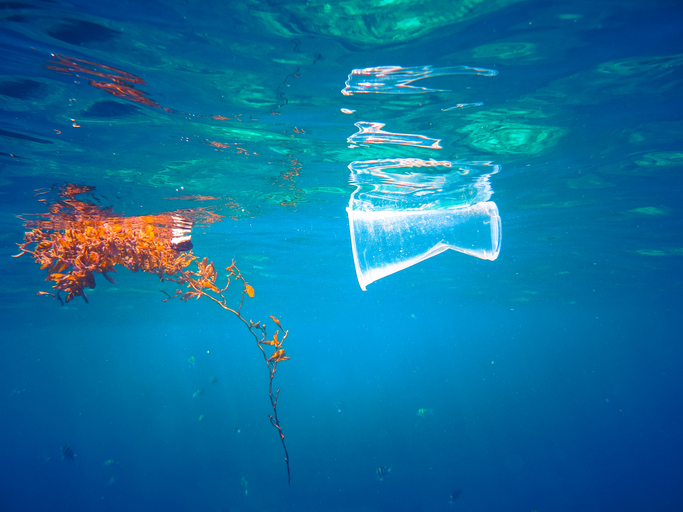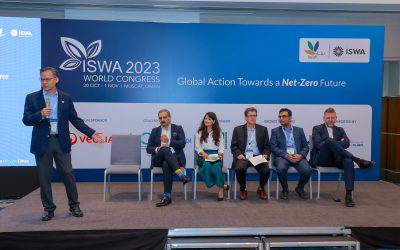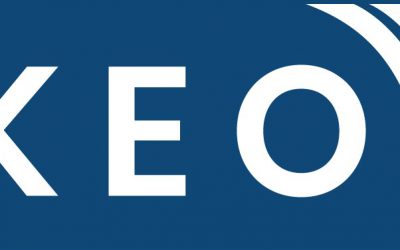ISWA considers marine litter as a key issue, as the world???s leading network promoting professional and sustainable resource management, our members have seen and fought against marine pollution. In 2017, ISWA established the Marine Litter Task Force (MLTF) whose aim is to explore and clearly establish the link between sound waste management treatment and the prevention of plastic waste reaching our ocean.
Beating marine litter is a complex problem that requires regional and global cooperation, involving a multitude of stakeholders. To be effective against marine litter strategies also require multidisciplinary approaches such as; changes in consumption patterns and social behavior, the use of new technologies towards innovation, and valuation of materials. We also need improved governance, systemic research as well as coordination between different authorities on how to effectively interrupt the path of waste to the sea.
The approach towards prevention and improving waste management at a local level is vital. Municipalities need to implement public policies to promote basic sanitation and better solid waste management infrastructures and practices. Citizens??? actions through movements related to cleanup of beaches, river banks and mangroves have great importance and potential for awareness raising and multi-stakeholder social engagement. However, the real impact is not achieved through cleaning but with preventive actions.
The Clean Oceans through Clean Communities (CLOCC) project is a multi-year endeavor implemented by ISWA in cooperation with the Norwegian Agency for Development Cooperation focusing on local training to improve waste management in regions with a high risk of waste contaminating surrounding waters and oceans.
ISWA, in partnership with the University of Leeds, has also developed the ISWA Marine Litter Calculator which uses innovative methodologies to measure the sources of marine litter and its paths. This helps assist local and regional authorities with tailor-made solutions and to propose improvements to policies and regulations directed to prevent and eliminate the most relevant waste leakage sources.
There is an urgent need to identify and cease the conditions that allow waste and other residue to enter water bodies. We must ensure that all used materials have a safe end-of-life destination, by transitioning to a circular economy and focusing on recovery practices. It’s the only way to stop waste becoming marine litter.



